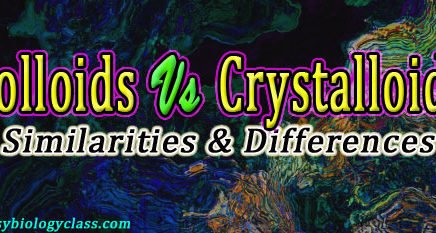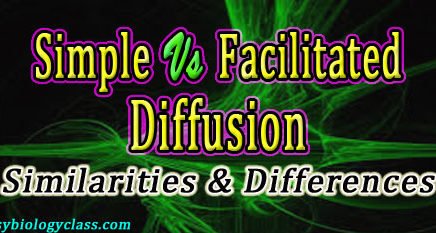
Difference between Covalent Bond and Ionic Bond: Comparison Table
Covalent Bonds vs Ionic Bonds Difference between Ionic Bond and Covalent Bond: The chemical bonds are stable attractions between atoms, ions or molecules. The formation of chemical bond allows the formation of molecules or compounds. Chemical bonds are classified into different categories based on their formation and strength. Important types […]




